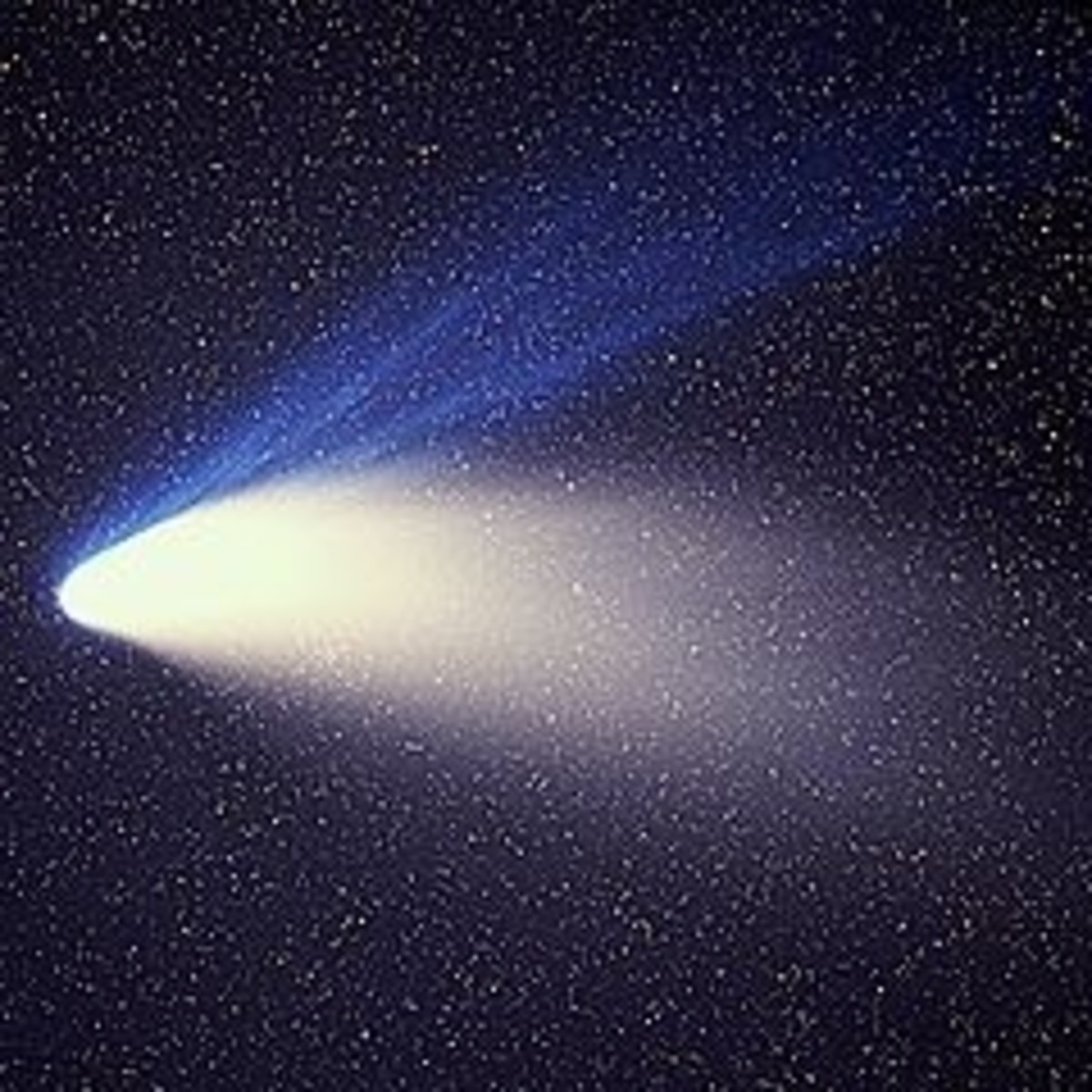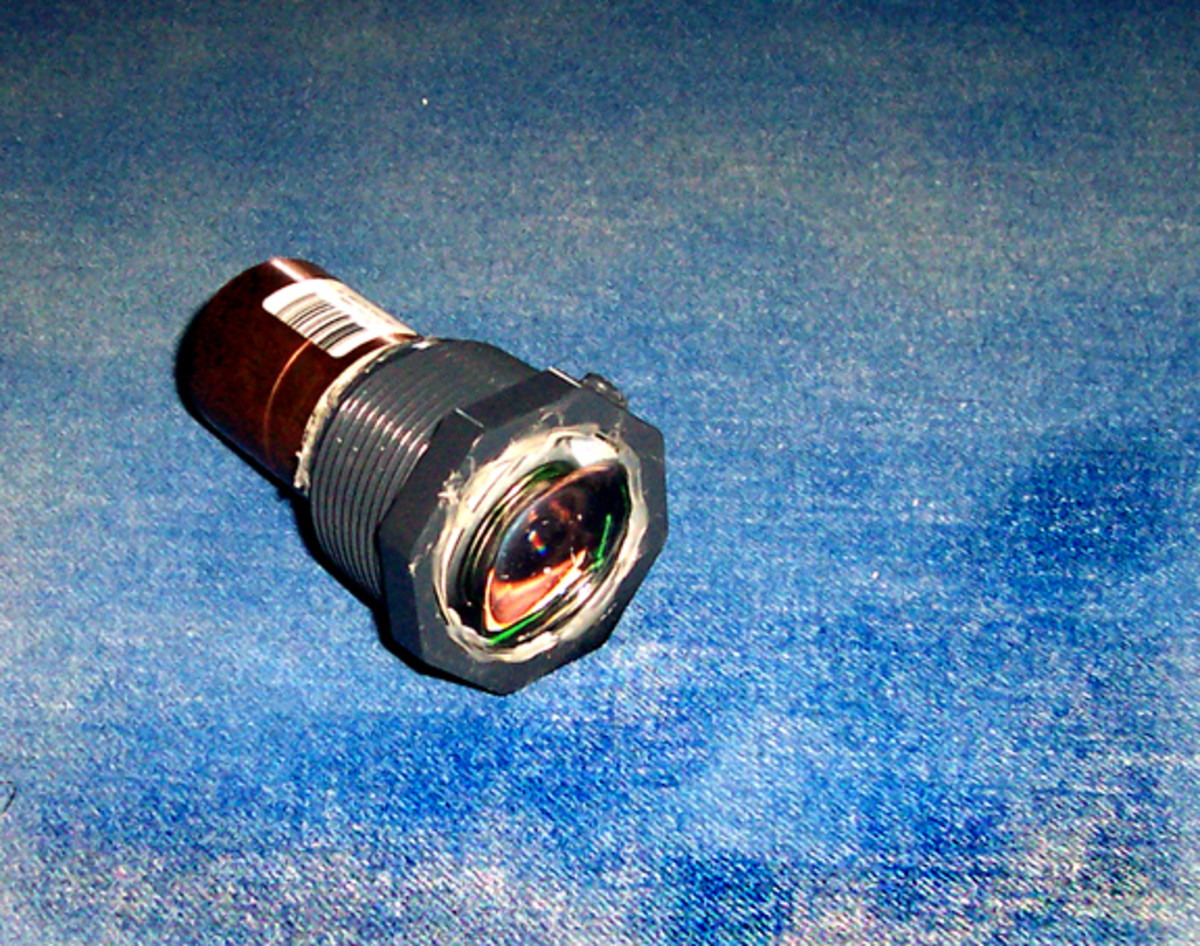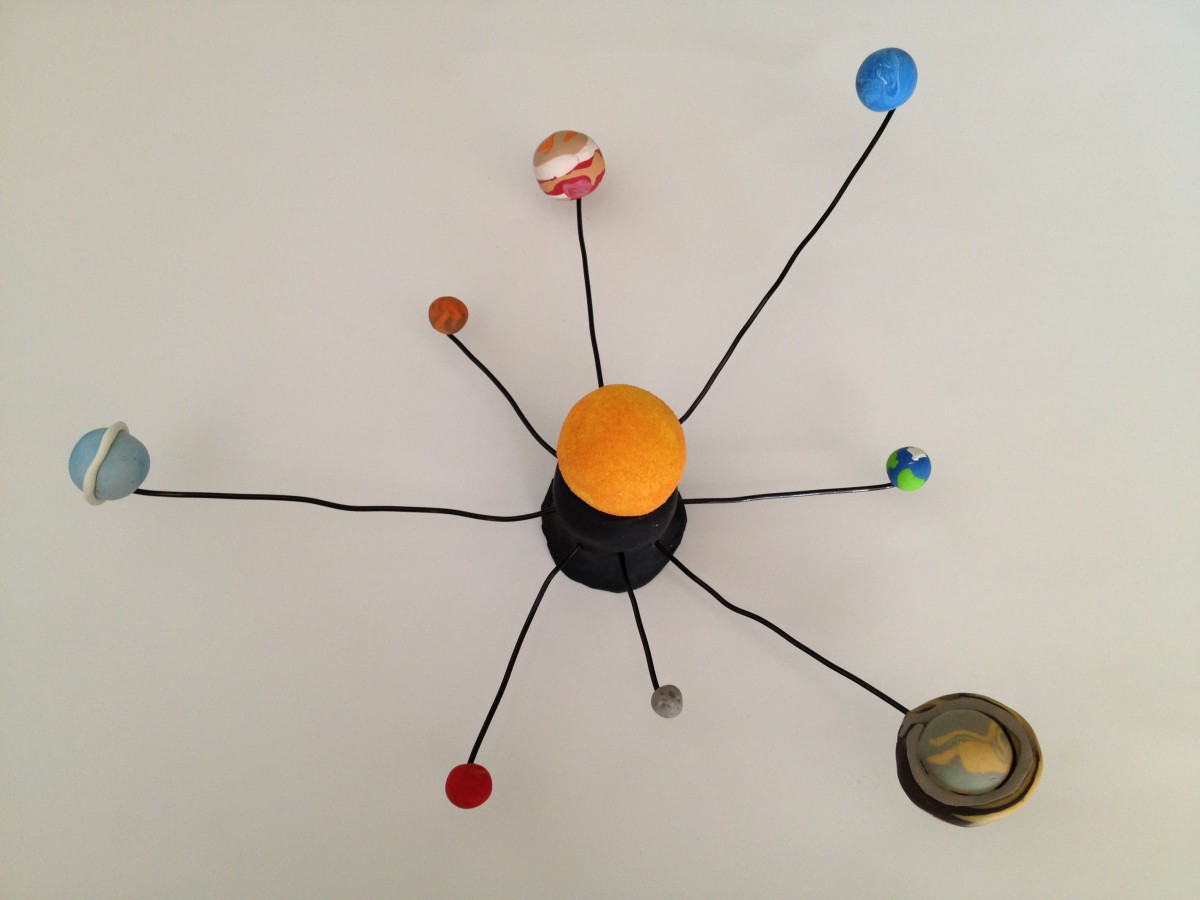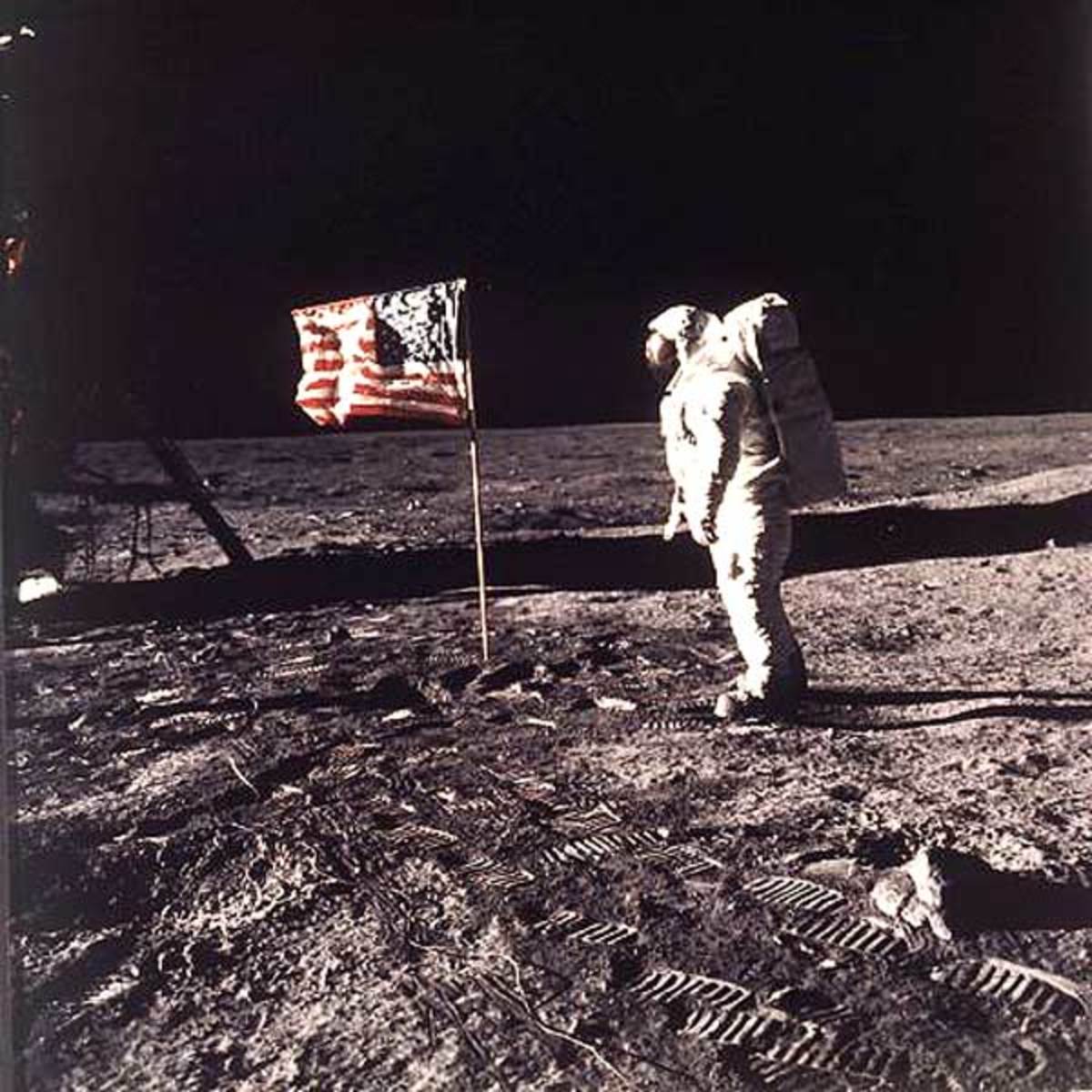Comets as a Source of Epidemics
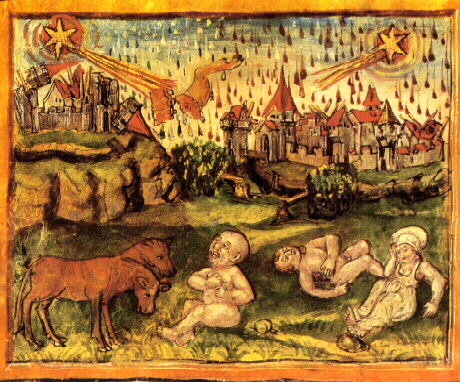
Since the genesis of written records, the sighting of celestial phenomena, specifically comets, have been synonymous with disaster. Ancient cultures, such as those of Greece, China, and Mesoamerica, have all documented the supposed consequences of sky-bound objects, including war, famine, and other calamities. Considering that accounts of such interrelated events were global, it is impossible to discount these beliefs as superstitious in origin, leaving one to wonder exactly what correlation exists between astronomical happenings and earthly events?
The Possible Link Between Comets and Epidemics
"Death comes with those celestial torches, which threaten earth with the blaze of pyres unceasing, since heaven and nature’s self are stricken and seem doomed to share men’s tomb" - Marcus Manilius, Astronomica, 10-20 A.D.
Throughout the past decades, a substantial amount of evidence, e.g., the recent discovery of a meteorite in Antarctica, has revealed the ability of extremophiles, or microorganisms capable of existing at extreme conditions, to successfully survive space travel. If foreign bacteria are able to enter the earth’s atmosphere, then perhaps there is a direct association between the presence of comets and the outbreak of devastating epidemics.
Take for example, the Plague: shortly before the onset of the Black Death, there are a number written accounts pertaining to the successive appearances of comets over the regions later afflicted by the terrifying illness.
The earlier Justinian plague, which occurred between the 6th and 8th centuries, was also preceded by the prolonged presence of a comet that “appeared in the sky for 100 days” (Gibbons, The History of the Decline and Fall of the Roman Empire).
Comets are also associated with the onset of the Spanish Influenza of 1918, as well as the Avian Flu of 2008 and 2009. The latter may have been a direct result of the debris that fell to earth from Comet Encke after it experienced a collision with another celestial object in late 2007.
The Relevance of Past "Superstitions"
Given the historical depth of beliefs relating disaster to astrological events, it is certainly worthwhile to consider the possibility of epidemics being spawned inadvertently by non-terrestrial bacteria.



